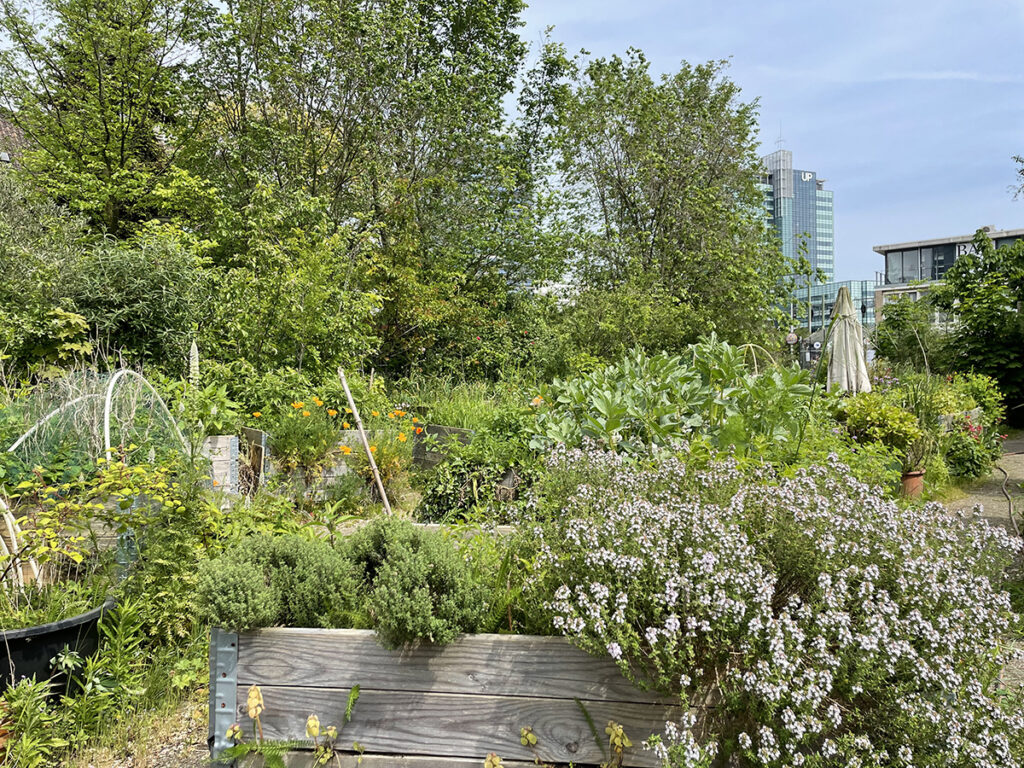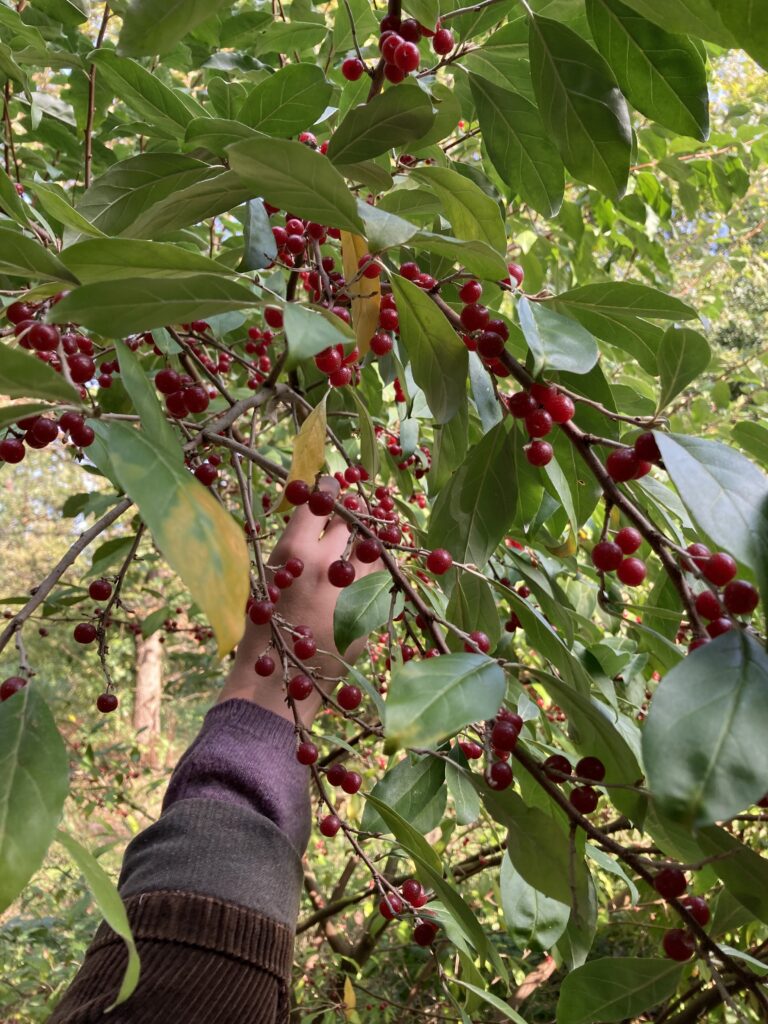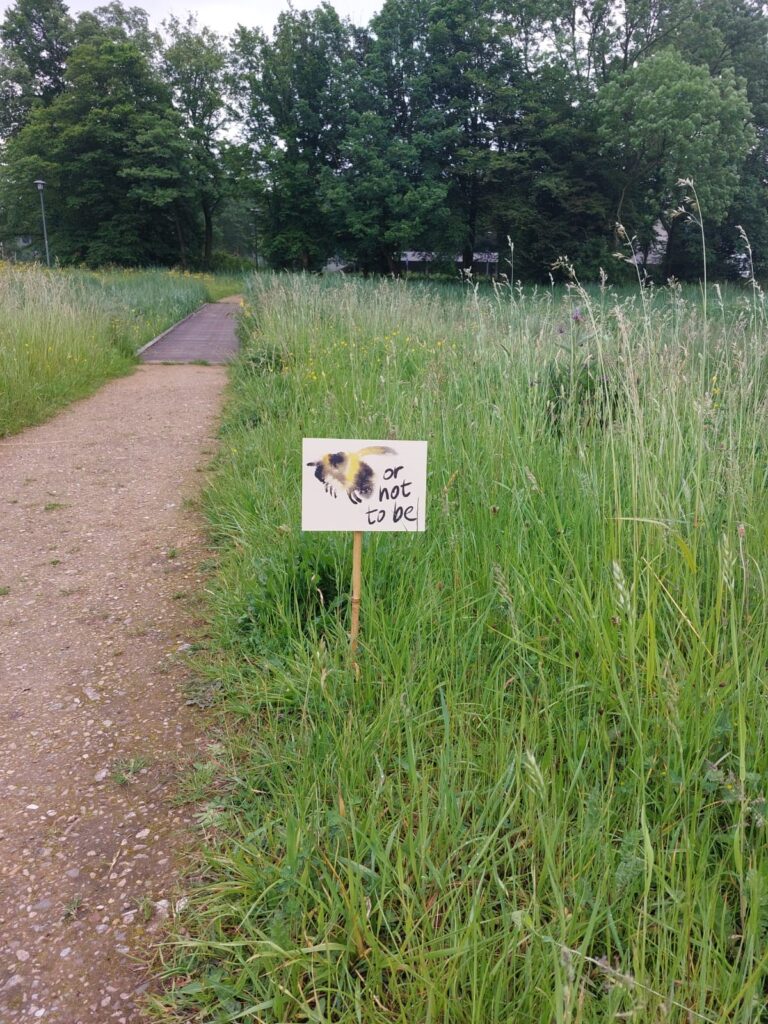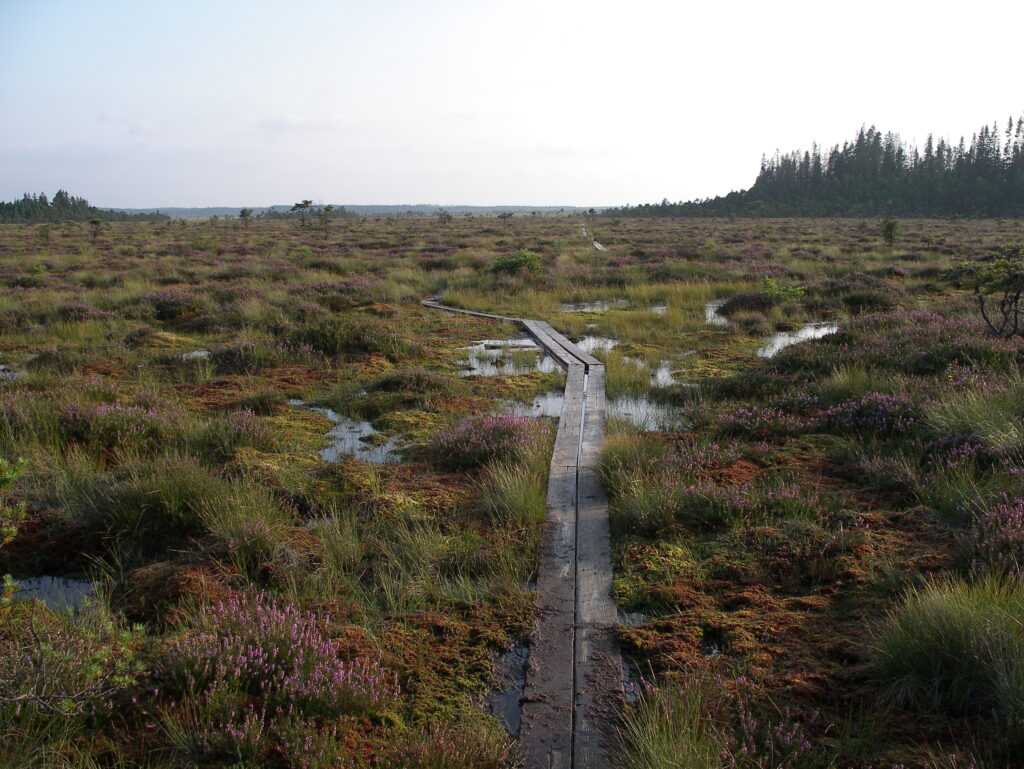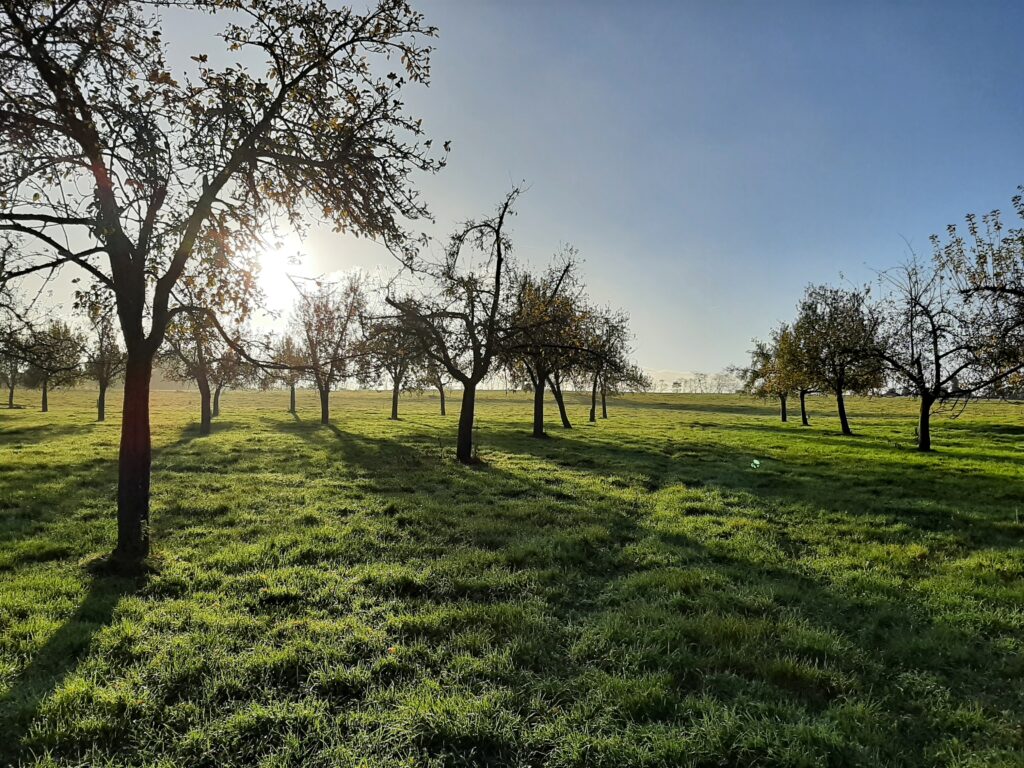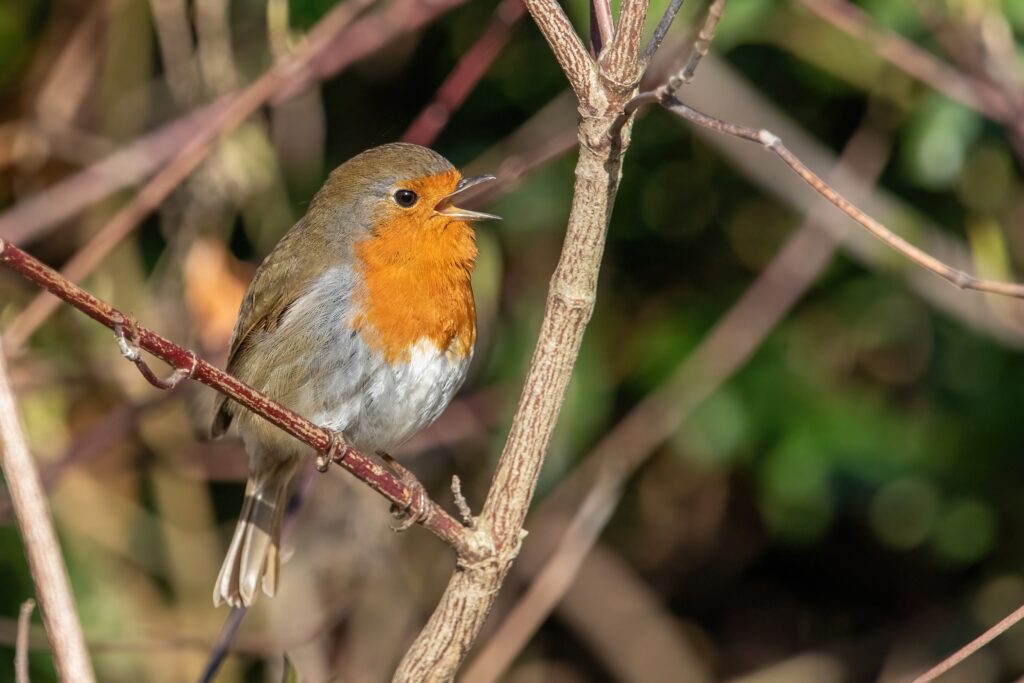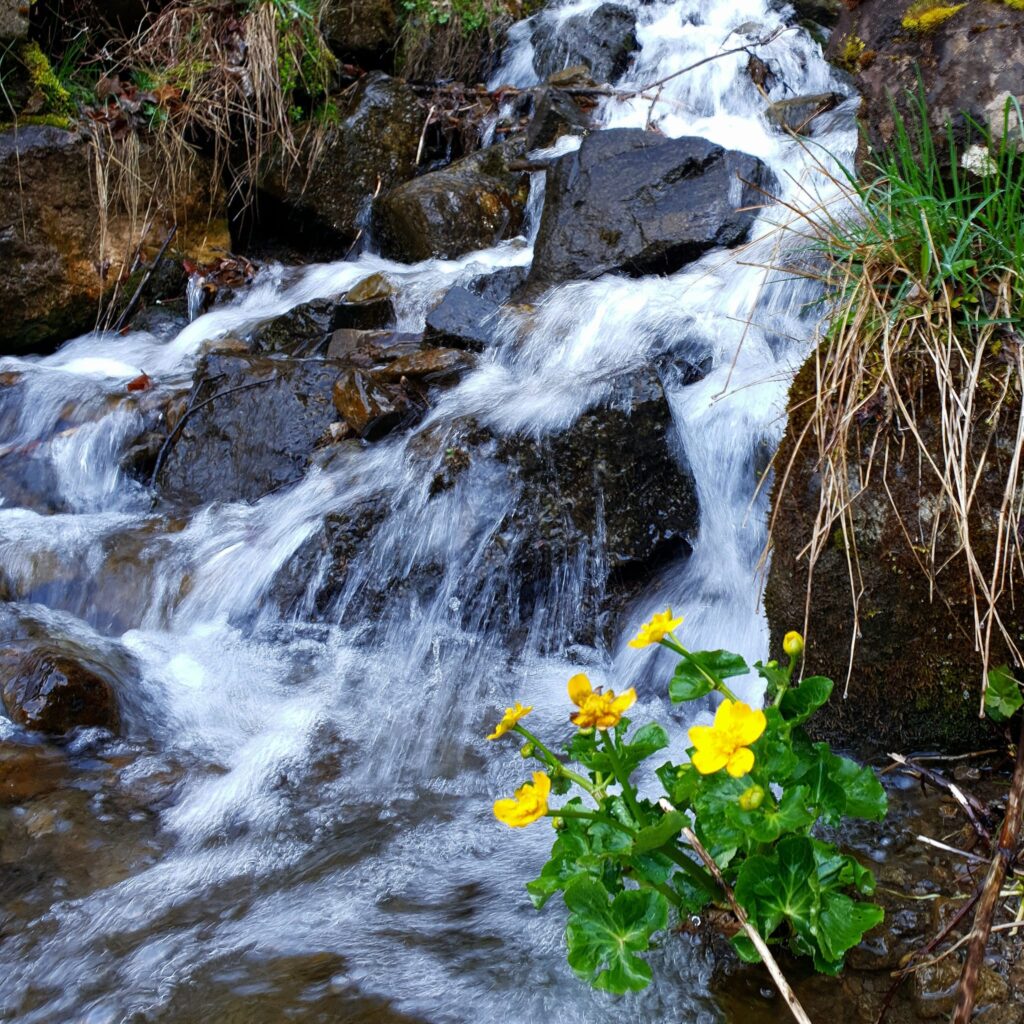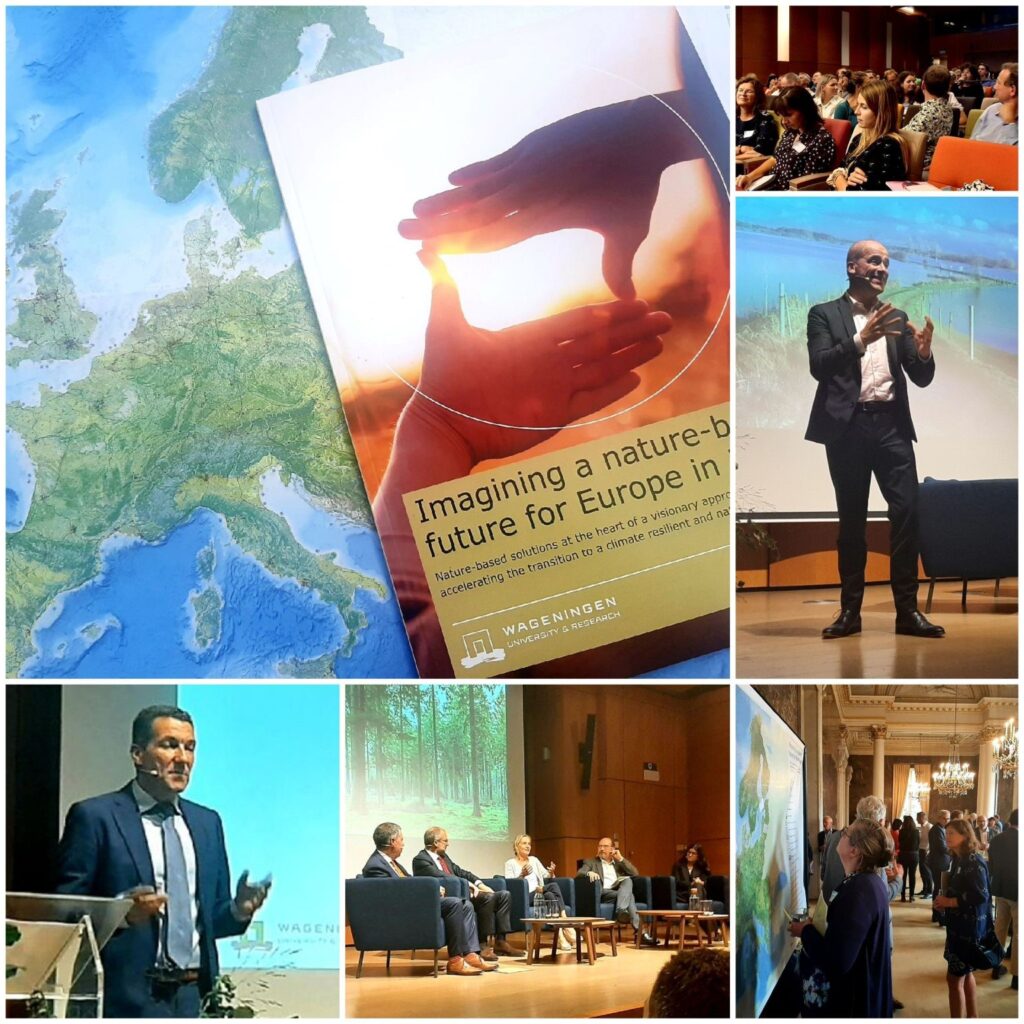Biocultural conservation of traditional agroforestry systems against land abandonment
Maintaining rural areas necessarily involves preserving and developing agricultural activities. This is especially true in the Tuscany region of central Italy, where the collective imagination envisions hills and valleys adorned with rows of vines, grapevines, olive groves, husbandry, and centuries-old cypresses. However, even in Tuscany – as is the case throughout Europe – there is […]
Biocultural conservation of traditional agroforestry systems against land abandonment Read More »
